Anastasia Balezdrova
Goulandris Natural History Museum is very different from other museums in Athens. It not only presents exhibits that are not closely linked to the history of Greece, but it is located in the remote northern suburb of Kifissia.
The main visitors to the Natural History Museum are pupils. "We offer educational programmes within which the pupils see the exhibits and the curators give them details about each of them after which the pupils write about them, analyze and discuss them with each other," Yoanna Lemoni, marketing manager of the museum, told GRReporter.
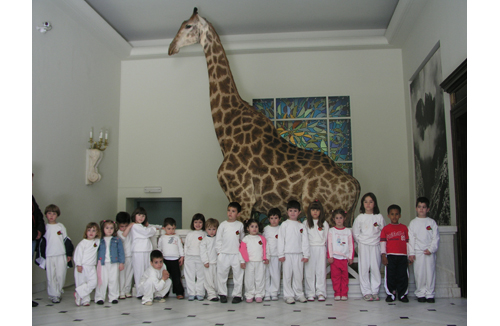
There are two exhibitions at Goulandris Museum. "The first one is closely related to natural science and it contains animals, insects, minerals and shells of molluscs. This is a classic museum exhibition, within which visitors can watch several short documentaries. The second is displayed in the "Gaia" centre and is dedicated to the environment. It was created in cooperation with the Natural History Museum in London and is interactive. The pupils press buttons to "call" the information they read. They also answer questions in order to establish their knowledge of various topics."
The museum organizes periodic exhibitions to attract more visitors. "Now, there is an ongoing exhibition that focuses on the development of Hippocrates’ medicine over the centuries. Its curator is Professor of History of Medicine Stefanos Geroulanos and it is intended for adult visitors. The topic of health is always popular, especially now with the increasing trend of using herbs for therapy."
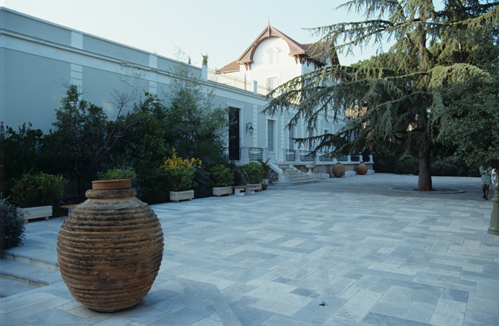
In the afternoon and evening hours, there are scientific lectures that are always associated with environment and nature. "The audience that now escapes us is aged between 18 and 35 years. Schoolchildren or children with their parents visit us. We must find a way to attract them."
As one would expect, the economic crisis has hit Goulandris Museum too. Indicative of this is the fact that its employees have not been paid two months. "This is due to three reasons. Each year, we received state funding that covered a significant part of our costs. Besides the fact that it was reduced, it is very difficult for it be granted too. The second reason is the reduced number of visits by schools which results in decreased revenues. Over the years, we often rented museum halls to various external activities in order to be able to add to the budget and rely less on government funding. However, they have declined too."
Yoanna Lemoni also states that the museum has taken drastic measures to cut costs. "We have discontinued collaborations, reduced the staff by half but not by dismissals - we simply have not appointed new employees in the positions of those who have retired; each of us is doing several things and is also cleaning his or her office alone. Yet there are serious financial problems. However, there are still companies that support the museum such as the mining company SNB, Alpha Bank, the national lottery OPAP and others, which have always supported us over the years. Yet the situation is hard."
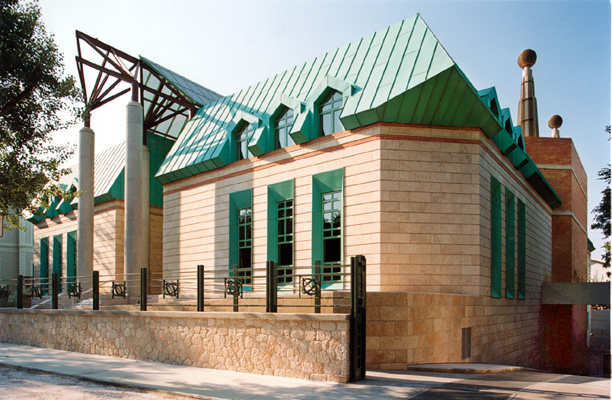
In addition to the revenue from the shop and the restaurant that are operating at the museum, events, which aim to increase the revenue, are organized there. "Last year, we organized a photographic exhibition. Some participants gave us their photos and others took a small amount from their sale. Several years ago, we held an auction of works of art. Another time, the famous painter Alekos Fasianos created a work for us. We organized a big gala dinner at which we sold the invitations for participation, the dinner and the works. There will be such a night on 27 June too, when there will be a lottery for two works by art academy professor Pavlos Samios. Those who want to participate in the dinner will pay a significant amount, but in return, they will get excellent food, listen to the live performance of singer Ellie Paspala and will have the chance to win one of the works. We continuously conduct such activities in order to increase the revenue."
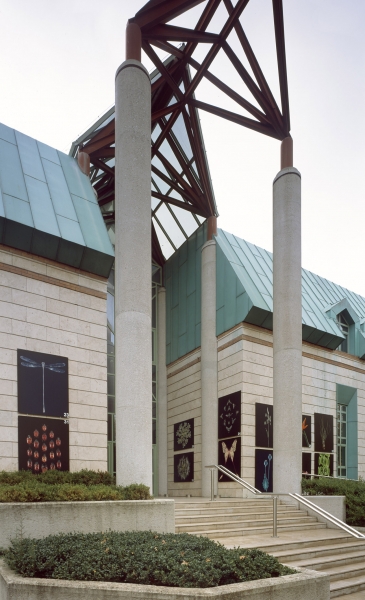 Goulandris Natural History Museum has another feature. It is visited mostly by Greeks and foreign visitors are few. "Since its inception, it was designed with educational purposes. Moreover, a foreign visitor has nothing to learn about Greece in particular from our exhibition. With the exception of one large window with birds and minerals that are found only in Greece, all other exhibits are from different parts of the world. The topics related to the environment in the "Gaia" centre are also global. Therefore, in the summer, when tourists come to Greece, we close. We used to close the museum only in August before now because of the economic situation, we close it for another month or two during the summer. Therefore, this year we will not work in July and August."
Goulandris Natural History Museum has another feature. It is visited mostly by Greeks and foreign visitors are few. "Since its inception, it was designed with educational purposes. Moreover, a foreign visitor has nothing to learn about Greece in particular from our exhibition. With the exception of one large window with birds and minerals that are found only in Greece, all other exhibits are from different parts of the world. The topics related to the environment in the "Gaia" centre are also global. Therefore, in the summer, when tourists come to Greece, we close. We used to close the museum only in August before now because of the economic situation, we close it for another month or two during the summer. Therefore, this year we will not work in July and August."
Yet the people who will visit the beautiful and luxurious suburb of Kifissia, the cafes and shops there, can go to the museum, if only to see the buildings that house it. "Both buildings are very impressive. The building, which houses the exhibition of natural sciences, is an old and representative house with a lovely garden. The "Gaia" centre, which was built in 2001, is a very modern building that is worth seeing from an architectural point of view. In addition, this year for the first time, we will open a cafeteria in the beautiful garden that is covered with slabs, and surrounded and overshadowed by rich and typical Greek vegetation and it will be open until late in the evening."
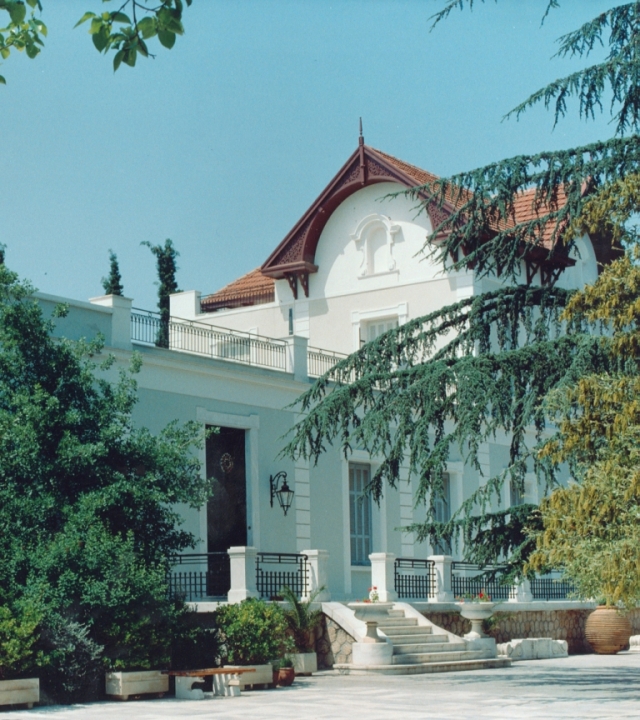
During tomorrow's International Day of Museums, the entrance to the Goulandris Natural History Museum will be free. "We will be working from 10 am to 4 pm. In addition to our permanent activities, we will organize in the garden an exhibition on climate change and monuments. At the same time, we have planned many games for children that are related to the exhibition. They will be able to draw, run and have fun in general while learning interesting things. At twelve o’clock, there will be a puppet theatre with the traditional character Karaghiozis followed by a children's workshop during which the children will make a book about environment, a documentary about aromatic plants in Greece will be shown, there will be lessons in zoology, botany and hydrobiology as well. Visitors will have the opportunity to obtain information on these topics from the scholars who deal with them."